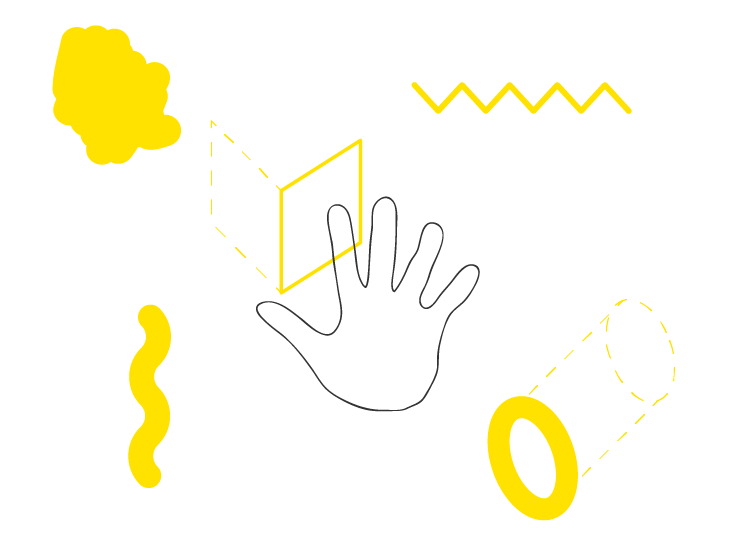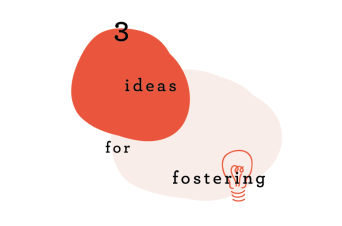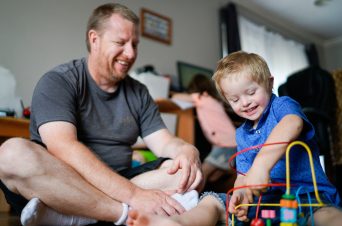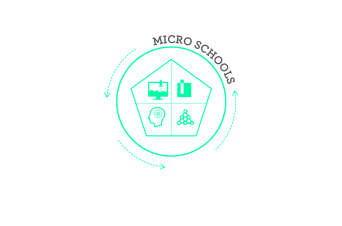
Scale and innovation in early years
blog | Words Sarah Gillinson | 31 May 2017
Sarah Gillinson, asks ‘what can the UK learn from the transformation journey made by Goodstart in Australia?’.
Goodstart is Australia’s largest early learning and childcare provider. They are on a mission to address the unmet needs of Australia’s families by creating ‘irresistible’ early learning provision. Innovation Unit’s CEO Sarah Gillinson, asks ‘what can the UK learn from their transformation journey?’.
Goodstart is already a successful organisation by any measure. It started with an audacious social investment deal in 2009, which brought together social investors, government, charities and private individuals to buy the failing ABC learning centres, and has created an organisation that has transformed the quality of its early learning in every state in Australia.
Goodstart now runs 650 centres serving nearly 60,000 families. 81% of those centres meet or exceed Australia’s National Quality Standard and staff turnover has dropped from 30% to 12%. Not only have they repaid $100m of debt early, but they are now investing $25m every year back into the organisation — focused on professional development for staff, research and advocacy, and supporting the families and children who need it most.
But, as Julia Davison, Goodstart’s CEO, told a group of UK early years leaders last week, a strong, stable organisation just isn’t enough. Goodstart is now on a journey, in partnership with Innovation Unit, to transform itself, and what it offers to families, a second time.
Why? Because 1 in 5 Australian children still start school ‘vulnerable’. Because what young children need to become great learners is changing. And because families are changing too — their structures and circumstances are becoming more complex. Goodstart is using the platform of its success to redefine what fantastic support for families looks like, and also to influence the broader early learning context in Australia.
At our roundtable event last week, I listened to Julia Davison and David Albury, who leads Innovation Unit’s partnership with Goodstart, reflect on the journey so far. I heard five major challenges to those who want to transform support for families in this country.
Challenge 1: Innovation is not a project
Too often we hear about brilliant initiatives, services, or innovation teams who do great work in pockets of organisations — but the core business or offer of that organisation stays the same. This is not true at Goodstart. They are focused as much on the organisational changes required to explore, test, embed and scale powerful new offers for families as they are on developing the offers themselves.
This takes real discipline and the ability to think big, even when you are starting small with some new ideas in a few places. For Goodstart and Innovation Unit this means taking a diagonal slice of the organisation to form the ‘design teams’ leading the work, so that different perspectives are incorporated. It means that, whilst hundreds of staff have been engage with research insights and explore new ideas, strategic ‘filters’ are applied to select those ideas to take further. Will this idea create a positive impact for children and families, reach more of them, and will it create radical new possibilities?
So, rather than start with organisational redesign and presume that service transformation flows from it, Goodstart is creating a direct relationship between the two. The organisational context creates the permission, resource and guiding principles within which irresistible new offers can grow, and as they do, they further inform how the organisation needs to change.
Challenge 2: Living the values of co-design
A deep commitment to co-design drives every bit of Goodstart’s innovation journey. It’s not just a language or a framing (what organisation doesn’t espouse a commitment to engaging their customers?), it’s deeply embedded and lived out. At Goodstart the practice lives up to the hype. These powerful interactions between staff and families happen at every level. As David Albury pointed out, during big ‘ideation’ sessions families, front line staff, operations teams and senior leaders work together, and it’s impossible to know who is who. Everyone is experiencing the power of true co-design, which makes it more likely they will replicate it with others.
Challenge 3: Balancing business and mission
Goodstart is learning all the time how to balance the business needs of the organisation, and the fulfilment of its social purpose. What level of fees allows access to great services to all families, and generates surplus to invest in ‘irresistible’ new offers at the same time? How can staff at all levels of the organisation be enabled to contribute to the creation of a thriving business as part of their sense of purpose? These questions feel very real for social enterprises across the UK — and as austerity continues to bite, we will all have to learn more about how to manage this balance.
Challenge 4: Unleashing the value of collaboration
A strong partnership between government, the private sector, social enterprise and charities, founded Goodstart — the organisation would not exist if it was not for a collaboration which involved each ‘sector’ putting skin in the game to buy out ABC. Money and reputation were on the line for all partners, each of which gave their expertise and hard cash in pursuit of outcomes they all cared about, and values they all shared. Cross-sector collaboration has long been the aspiration of public services in this country — and to date, it has largely been transactional: different kinds of organisations delivering the same old things. How can we mobilise partnerships that together look afresh at what can be achieved, and use different perspectives, expertise and assets to make change happen?
Challenge 5: Acting on behalf of the system
Julia is clear about the responsibility that Goodstart has to learn and act on behalf of the whole early years system in Australia, not merely its own interests. This involves leading and funding research that builds the evidence base for the sector, and, very recently, being part of successfully lobbying government on the terms of a new early learning funding package. At a time when children’s centres are being cut across the UK, early years is low down in manifesto priorities and child poverty is increasing fast, a social movement to promote support for all families to thrive could not be more timely. Many individual organisations in this country do great work to share learning and promote policy change — what would it take to draw this together to have greater, shared impact?
Goodstart is most definitely still on a journey and certainly does not hold all the answers. But journeys are as illuminating as their destinations, and these challenges feel worth exploring further. We look forward to working with partners who are up for tackling them with us.
For more information on Innovation Unit’s work with Goodstart, read about our project Goodfuture.
If you would like to speak to us about any of the challenges above, or find out more about the methods and approaches we are using to support Goodstart in their transformation journey, get in touch at communications@innovationunit.org
More Like This

3 Ideas for Fostering
This Foster Care Fortnight, we celebrate three fantastic examples of work happening across England, Scotland, and Wales.
17 May 17

GoodFuture
There remain children and families whose early learning and development needs go unmet. We believe that every young Australian deserves a great start to life, and an even better future.
11 Jun 17

Is the UK in Need of a Micro School Revolution?
Thinking about new solutions for how we ‘do’ education, schools and learning has never been more important, but neither has it been more difficult.
30 Nov 16